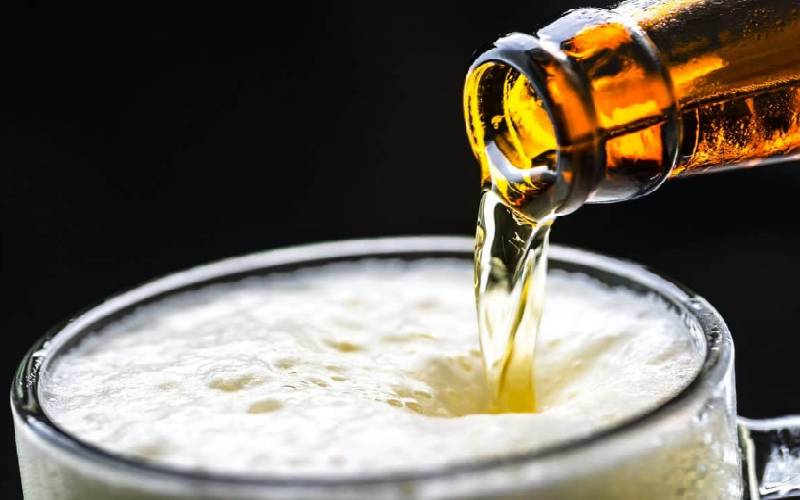
Alcohol is a depressant. It is associated with nervous system interference to bring about damaging behaviour. Research done by the Division of Non-Communicable Disease, in the Ministry of Health, found that 35.7 per cent of all alcohol users in Kenya divert resources to buy alcohol and most of them consume alcohol during weekends or social events. After all, we see alcohol manufacturers bombarding us with compelling advertisements. Why is it that having a parent or close family member with a drinking problem puts you at an elevated risk of developing it too? Scientists from the University of Rochester document that children of alcoholics have been found to be four times more likely to have trouble with alcohol than people without such history.
Are genes involved?
 The Standard Group Plc is a multi-media organization with investments in media
platforms spanning newspaper print
operations, television, radio broadcasting, digital and online services. The
Standard Group is recognized as a
leading multi-media house in Kenya with a key influence in matters of national
and international interest.
The Standard Group Plc is a multi-media organization with investments in media
platforms spanning newspaper print
operations, television, radio broadcasting, digital and online services. The
Standard Group is recognized as a
leading multi-media house in Kenya with a key influence in matters of national
and international interest.











